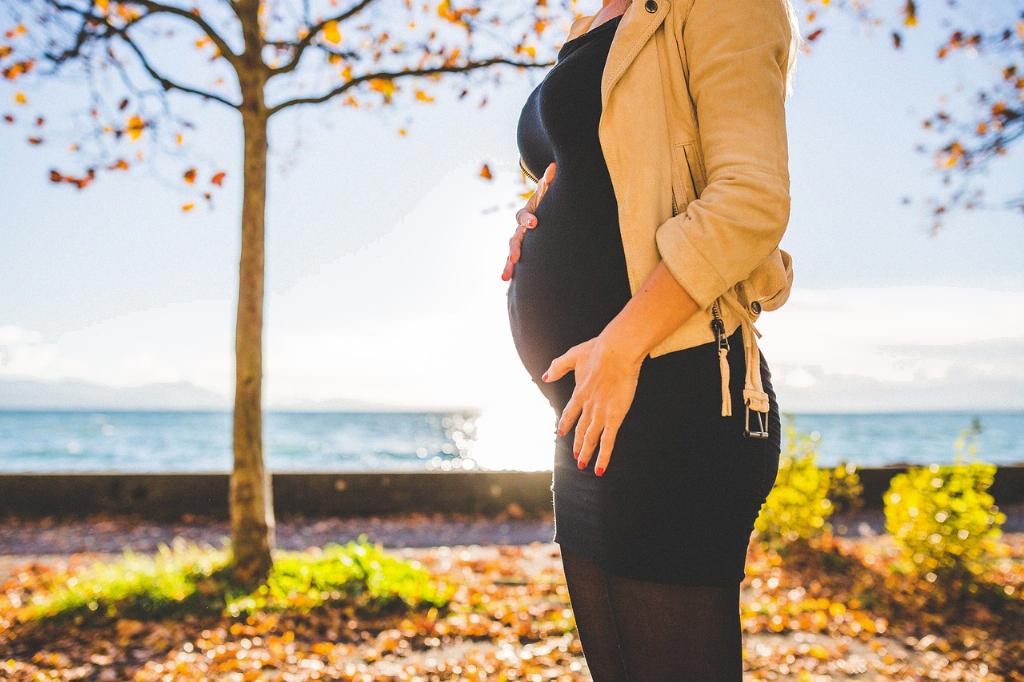When it comes to pregnancy tests, the possibility of getting a false negative result can be concerning, especially for women who are two months pregnant. It’s essential to understand that several factors can contribute to a false negative result, even at this stage of pregnancy.
Conception Timing
One common reason for a false negative pregnancy test at two months pregnant is the timing of conception. If you ovulated later in your cycle than expected, it can delay the production of the pregnancy hormone hCG, leading to a negative result even if you are pregnant.
Test Accuracy
Another factor to consider is the accuracy of the pregnancy test itself. Using an expired test, not following the instructions correctly, or using a test that is not sensitive enough to detect lower levels of hCG can all contribute to a false negative result.
Urine Dilution
The concentration of hCG in your urine plays a crucial role in the accuracy of a pregnancy test. If your urine is highly diluted, either due to frequent urination or drinking excessive fluids before testing, it can result in a false negative, even if you are two months pregnant.
Multiples Pregnancy
Women carrying multiples may have higher levels of hCG, but this hormone may still be below the threshold of detection for some pregnancy tests. In such cases, a false negative result is possible, even at two months pregnant.
Medication Interference
Certain medications, such as diuretics or antihistamines, can interfere with pregnancy test results by affecting hormone levels in the body. If you are taking any medications, it’s essential to consider their potential impact on the accuracy of the test.
Health Conditions
Some health conditions, such as polycystic ovary syndrome (PCOS) or thyroid disorders, can also affect hormone levels and potentially lead to false negative pregnancy test results. If you have any underlying health conditions, it’s advisable to consult with a healthcare provider for guidance.
Timing of Testing
The timing of the pregnancy test can also influence its accuracy. Testing too early or too late in the day can impact hCG levels in urine, leading to a false negative result. For the most reliable results, consider testing with the first morning urine.
Quality of the Test
The quality of the pregnancy test you use can significantly impact its reliability. Some tests are more sensitive and accurate than others, so choosing a reputable brand with a high sensitivity level can help reduce the risk of false negative results.
Stress and Anxiety
High levels of stress and anxiety can also affect hormone levels in the body, potentially influencing the outcome of a pregnancy test. It’s important to try to stay calm and relaxed when taking a test to minimize the risk of false negatives.
Consulting a Healthcare Provider
If you continue to experience symptoms of pregnancy despite a negative test result at two months pregnant, it’s advisable to consult with a healthcare provider for further evaluation. Blood tests and ultrasound examinations can provide more accurate insights into your pregnancy status.
Final Thoughts
In conclusion, while false negative pregnancy test results can occur at two months pregnant, understanding the various factors that can influence test accuracy is crucial. By considering conception timing, test accuracy, urine concentration, health conditions, and other factors, you can make informed decisions about when and how to test for pregnancy.

